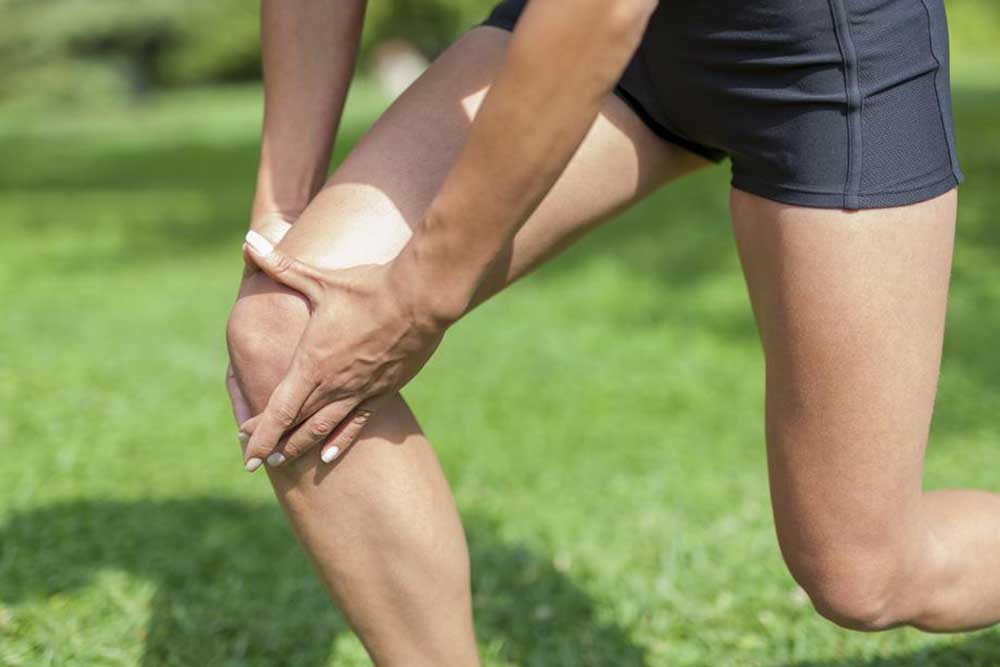Common Causes of Thigh Muscle Pain
Pain in the thigh muscles is a common experience and causes burning, and aching. However, in some instances, the thigh muscle pain indicates a serious underlying condition. A few common symptoms of thigh muscle pain are itching, a problem with walking, numbness in the thigh, and tingling. A medical help must be sought in cases when the pain arises suddenly, and common home remedies such as ice and rest do not help.

Causes of thigh muscle pain
A pain in the thigh muscle can be attributed to the following conditions.
- Meralgia paresthetica : It develops when the lateral femoral cutaneous nerve is compressed and generally affects one side of the body. It is characterized by burning pain, numbness, and tingling sensations.
- Diabetic neuropathy : Uncontrolled diabetes can also lead to upper thigh muscle pain. A few symptoms are difficulty in walking, numbness and muscle wasting. A pain due to diabetic neuropathy has no treatment but lifestyle changes and control in blood sugar may help.
- Blood clots : The formation of blood clots in one of the major veins is refereed as deep vein thrombosis (DVT). These clots can form in thighs also and causes a warm sensation, pain, swelling, and give a blue color to the skin. DVTs are sometimes life-threatening because they may cause pulmonary thrombosis, a condition in which the clot travels to the lungs.
- Muscle strains: A strain in hamstring can be a reason behind thigh muscle pain. It is characterized by swelling, soreness, sudden pain, weak movements, and muscle spasms. Typically, remedies like anti-inflammatory medications, use of ice or heat on the affected area may help. However, a continuous pain must be reported to the doctor.
- Hip flexor strain: A strain in hip flexor muscle due to overuse can lead to pain or spasms in thighs. Several symptoms like pain while stretching hip muscles, tenderness, swelling in the thigh and hip area may indicate strain in hip flexor muscles.
- Sedentary lifestyle: A lack of physical activity and continuous sitting causes pressure on muscles and legs. It also weakens the muscles and leads to a chronic pain.
A thigh muscle pain might be an indication of poor lifestyle, nerve damage and an injury or strains in the muscles and can adversely affect your social life. In cases of chronic pain, which does not subside with common home remedies, urgent medical help is a must to avoid further damage to the muscles.